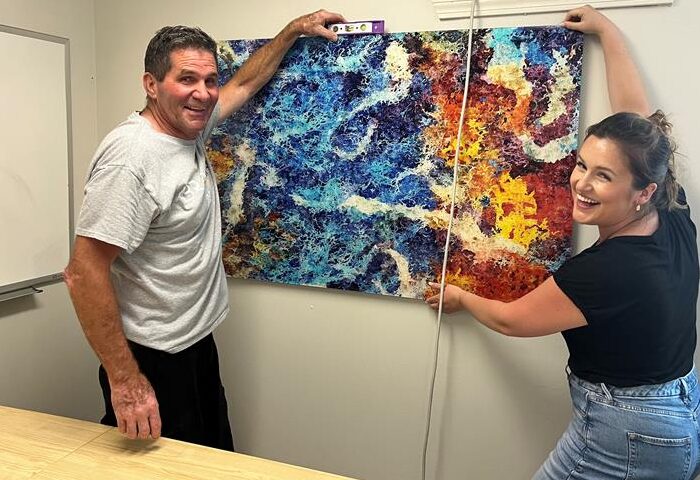As you read in my last blog post, Motivational Interviewing is a practice we put into place here at Heading Home. With the clients taking the lead on their change journey, housing search process and more, Case Managers are able to support the client’s goals in a more targeted manner. The client becomes the driver and the supporters the passenger.
Benefits for Clients:
- Clients feel like they are being heard as they share their story;
- Clients are able to see options that they may not have considered before;
- Clients’ sense of self-efficacy may increase as a result of exploring strengths rather than
weaknesses; - Changes happen within the client and are not imposed by an external person, thereby
increasing ownership of the changes and growth.
Benefits for Case Managers and others in direct service roles:
- Build a partnership with clients- where helper effort and client effort are equal;
- Move from persuasion tactics to a client-led style that lifts the weight of our clients’
decisions off of our shoulders; - Increase our ability to help others enhance importance, confidence and readiness for
making behavior change decisions; - Enhance our ability to collaborate with others for change;
- Decrease frustration as process places responsibility for change onto the client.
How does it work?
Motivational interviewing can be divided into three components, which are embedded in the Stages of Behavior Change:
- MI Spirit (Partnership, Acceptance, Compassion, Evocation)
- MI Processes (OARS: Open-ended questions, Affirmations, Reflections, Summaries)
- Change Planning
So, next time you hear someone say “MI” or you read something about Motivational Interviewing, you’ll know a bit more about this way of being. If there is only one thing you remember, let it be this:
Sometimes the most meaningful thing you can do for a person while they are on a path towards making changes is to listen to their story.
What people need is someone to hear them



